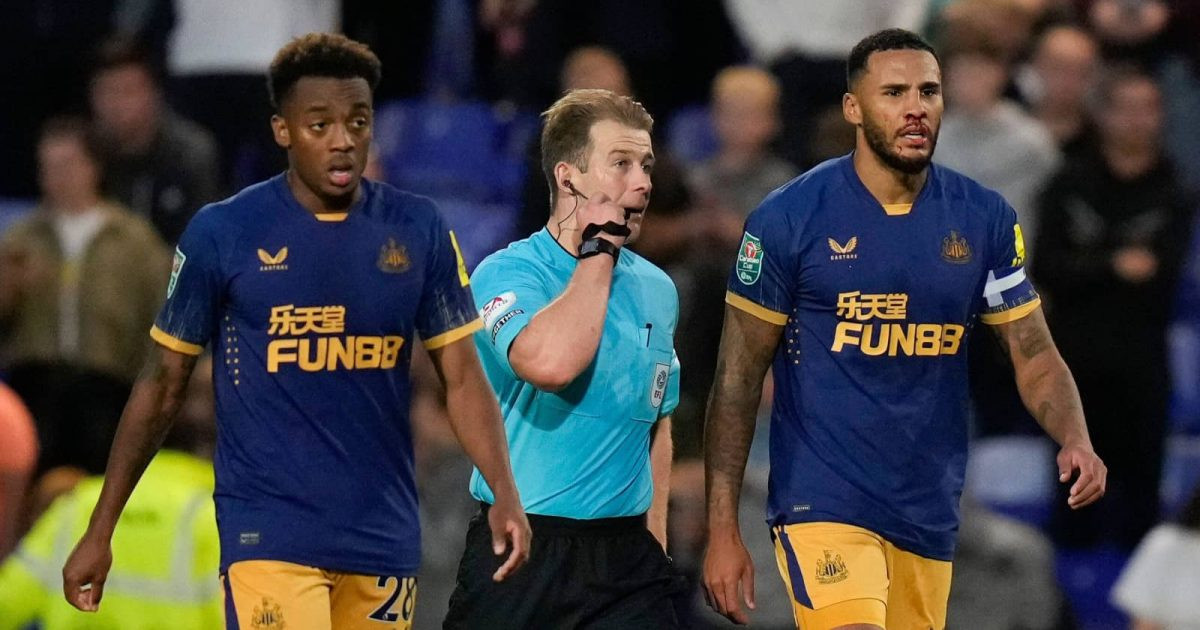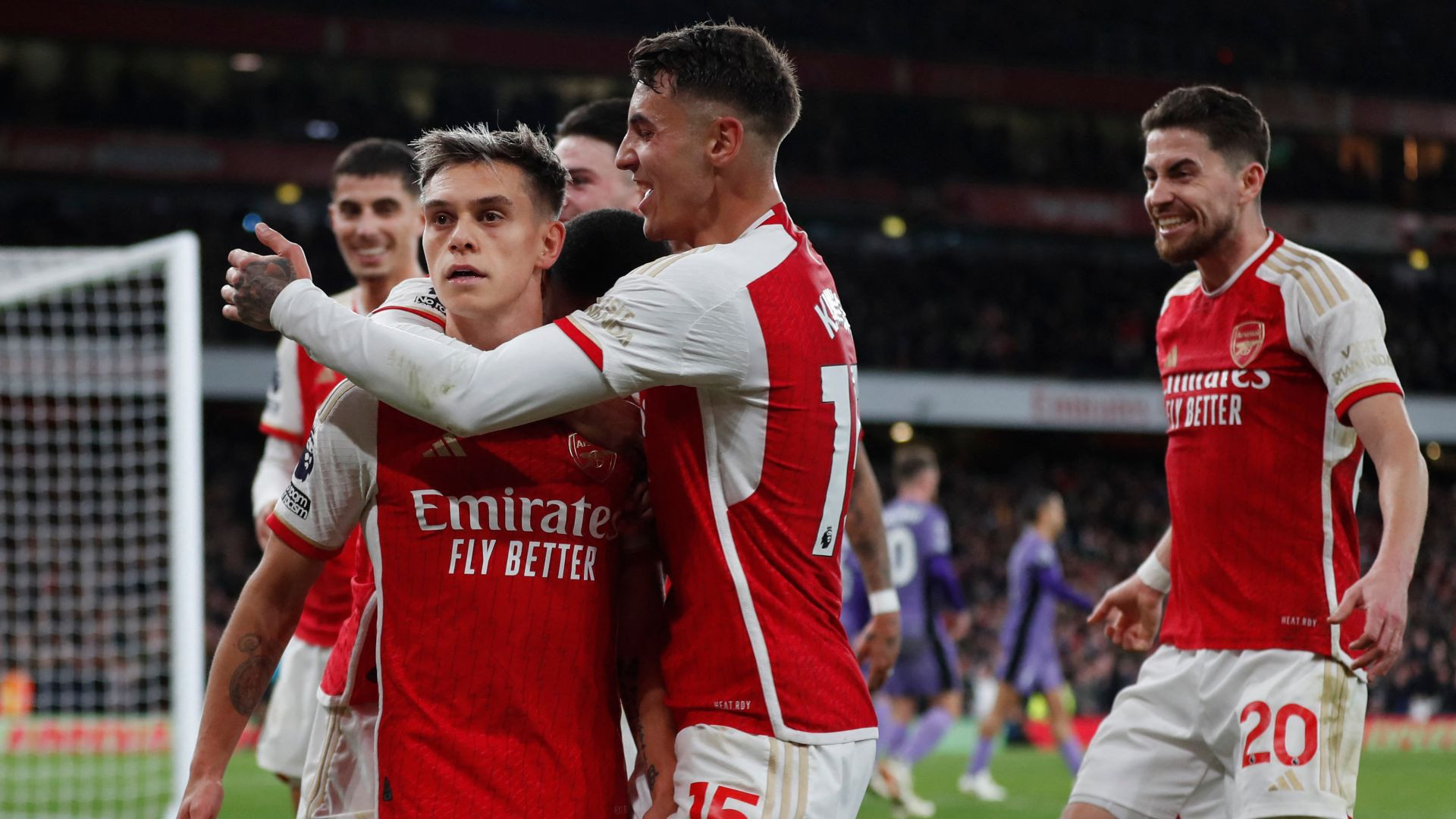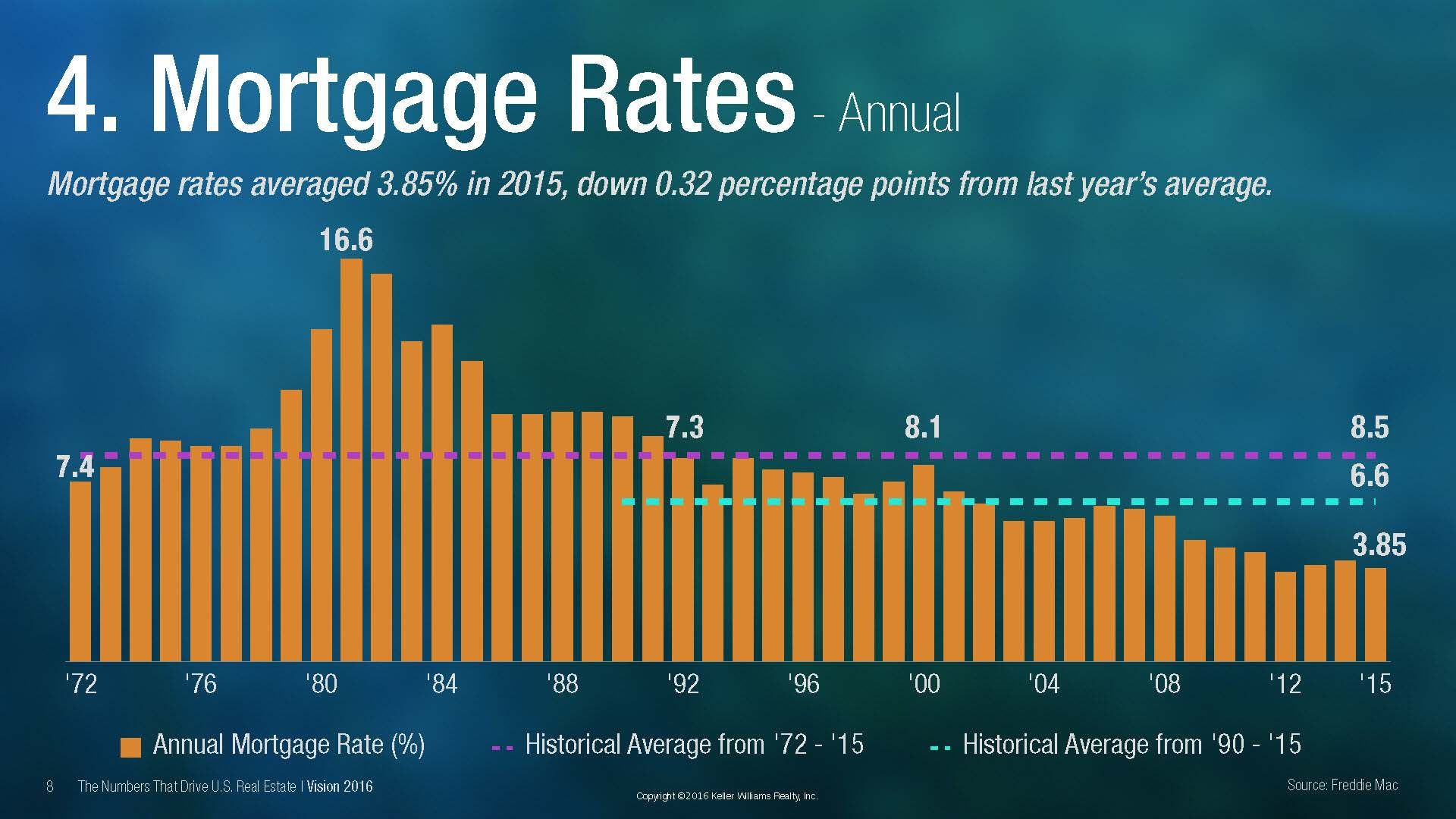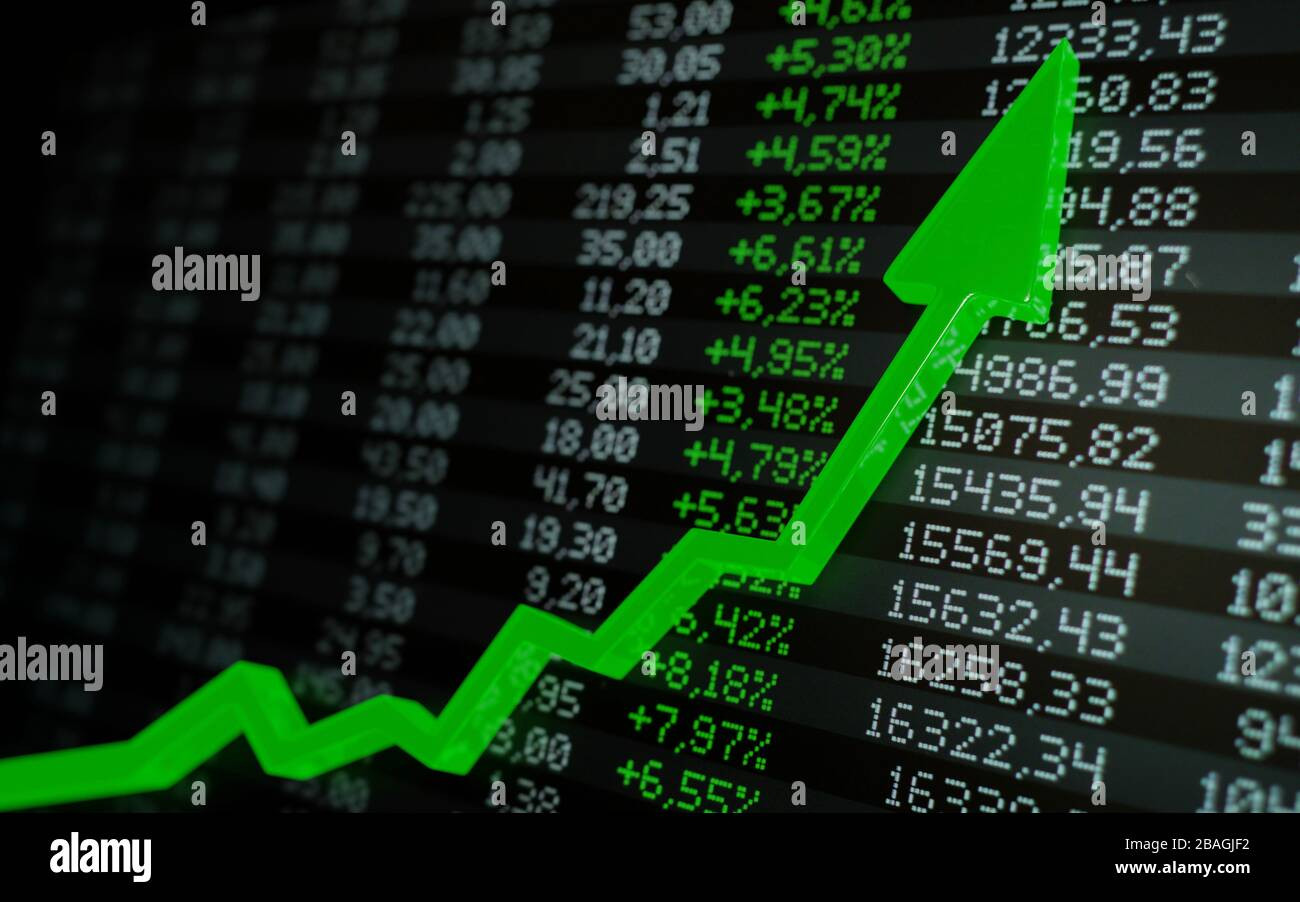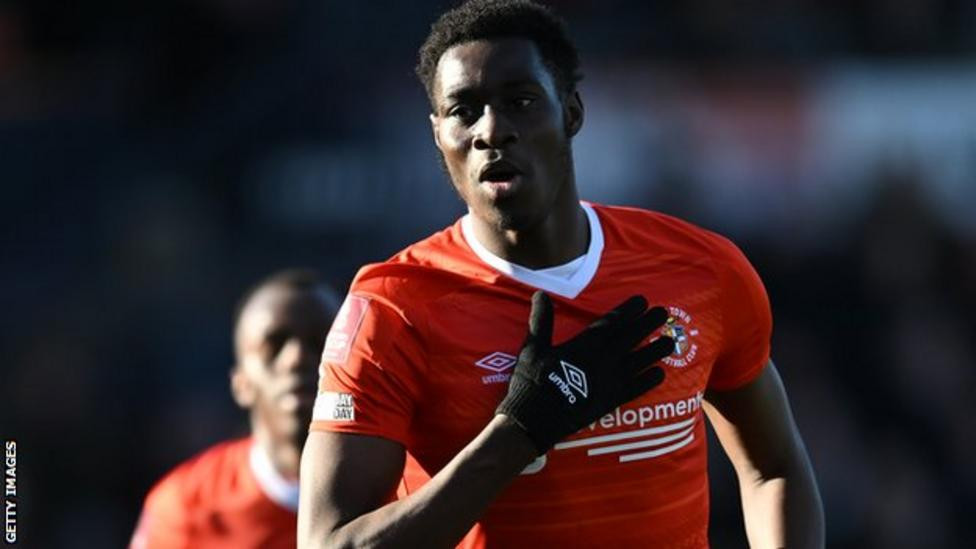Eddie Howe has not spoken to Paul Mitchell in the nine days since Newcastle’s director of football claimed he had inherited an unclear transfer strategy, unfit for purpose. Tensions between Howe and Mitchell have been simmering since the latter’s appointment in early July and although they appear to have reached a truce it seems fragile. “I’ve had no contact from Paul,” said Newcastle’s manager, who maintains he is “very, very proud” of every player he helped sign between January 2022 and Mitchell’s arrival. “But I don’t think that’s unusual – we’ve got different jobs.”
Mitchell claimed last week he and Howe were “over-communicating” and sharing hour-long nightly telephone chats but Howe said such conversations had happened only during a transfer window blighted by Newcastle’s failed pursuit of Crystal Palace’s Marc Guéhi.
Howe’s principal concerns on Friday centred on Mitchell’s suggestion that the transfer strategy the manager had been very much part of was “unclear” and “unfit for purpose”, with Newcastle arguably overpaying for certain players. “I think a few things on that,” said Howe, who played a key role in recruiting a raft of widely admired internationals including Bruno Guimarães, Sven Botman, Kieran Trippier, Anthony Gordon, Alexander Isak and Sandro Tonali.
“I’m very, very proud of every single player we signed during that period. It’s very easy to look back at any transfer window and make a judgment on the players you signed three years down the line. Our objective at the time was to stay in the Premier League and, when you look back, that work was good. I’m very, very proud of the body of work we did and the players we have now from the legacy of those transfer windows. We love them to bits. I think everyone can hold their heads up very high.
“I will take ownership of that because, ultimately, I was always the final decision-maker on those signings … I’d certainly like to find a few more players like them. Recruitment is never as easy as everyone thinks.”
As for the so-called “Toon tax” Mitchell believed was paid on early signings after the takeover by majority Saudi Arabian owners, Howe demurred. “We definitely walked away from deals early on where we thought there was a Newcastle tax,” he said.
Mitchell claimed that, after inheriting transfer plans, he was able to play only a supporting role this summer but Howe seemed less sure. “ I don’t think it’s right for me to make individual comments on Paul’s press conference,” he said. “I don’t think that will help our situation.”
Howe reacted similarly when asked about Mitchell’s view that the scouting system was unfit for purpose. “Whatever you think about the scouting structures I thought the results were very good,” said Howe, somewhat pointedly.
Although he declined to agree that Newcastle were in a state of civil war Howe hardly offered an emphatic rebuttal of that notion. “The civil war stuff?” he said. “Absolutely not, in my experience. But I’m cocooned in my work and absolutely focused on the players and training.”
Returning to his relationship with Mitchell, Howe sidestepped an inquiry as to where it sat on the “bromance barometer”. “I don’t think it has to be that way,” he said. “It has to be a collaboration for the greater good, which is always the football club and getting positive results. I will always fight for something I believe is for the greater long-term good of the club but it has to be collaborative. It can’t just be one person dictating what happens.”
There have been suggestions that, in an attempt to reduce injuries, Mitchell wants Howe to modify the team’s intense, hard-pressing playing style but the latter suggested his modus operandi would remain. “That’s the style of play we want,” he said as he prepared for Sunday’s trip to Wolves. “We ask a lot of the players but I think they’re capable of delivering that. At our best we are very difficult to play against.”
Newcastle’s Internal Tension: The Root of the Discord
Newcastle United may not be at “civil war”, but the internal tension is real and it must stop rising to the surface. For the sporting director and head coach to be trading (veiled and sometimes inadvertent) verbal jibes in public only prolongs the unease and confusion which arose during a tumultuous summer. From the moment Paul Mitchell arrived on July 4, following a restructure which saw Amanda Staveley and Mehrdad Ghodoussi depart as co-owners, his relationship with Eddie Howe has felt strained.
During the height of the transfer window, as Newcastle rushed to try and strengthen, the settling of differences was always going to be difficult. But it cannot be allowed to persist any longer, not when it risks affecting Newcastle’s on-field objectives.
It is time for Darren Eales, the CEO, to get Mitchell and Howe into a room so that heads can be bumped together. Egos must be cast aside, grievances aired in private and then a unified pathway forward established. This friction is partly of Eales’ creation, as the apparent architect of the summer upheaval, and if his grand plan was for Mitchell and Howe to work together harmoniously in a new-look setup, then it has got off to a very defective start. It has not reached untenable territory yet, but the situation must be assuaged before it escalates towards the irreconcilable.
History of Discontent: A Recurring Theme at Newcastle
Lamentably, dysfunction and Newcastle have been far too regular bedfellows in the 21st century. From patently political press conferences urging the ownership to “do things right” (Rafa Benitez), to anonymous club statements which effectively slapped down the head coach for wanting more from the transfer market (Steve Bruce), to managers having players forced upon them before resigning in protest (Kevin Keegan), the Mike Ashley era was ripe for internal division. Under the billionaire businessman, civil war was genuinely never far away.
There were 10,000 half-season tickets given away when Benitez walked, after the success of the “If Rafa Goes, We Go” movement. Then there was (Alan) Pardew Out, Ashley Out, and a feeling of them and us, the team and fans uniting against a regime that many felt were actively harming the club.
On the disorder scale, Mitchell and Howe’s verbal handbags barely compare (yet). The root of this unwanted situation begin from the conscious choices made this summer and their effect on relationships.
The theory went that Newcastle needed to professionalise their executive structure, to move on from the unconventional, if largely successful, intimate environment that Staveley, Ghodoussi, Howe, Jamie Reuben et al created. Eales and Dan Ashworth, the previous sporting director, may have had some of their responsibilities clipped as a result but, for the most part, it worked.
If Eales did lead the calls for overhaul, he did not signpost them to Howe. Turbulence has arisen from remits being redrawn, boundaries being blurred and spheres of influences being modified, without prior notice given to all those affected. Seemingly, Mitchell was sold a vision for what his role would encompass and how far his authority would stretch.
The problem is that Howe did not know this remodelling was coming and he was not reassured accordingly. Clashes with Mitchell therefore felt inevitable, given two strong personalities had been thrown together without shared appreciation of what their exact working dynamic would be. That has sown confusion and suspicion behind the scenes. Dangerously, that is seeping out into the public domain.
A Lack of Communication: Fueling the Discord
Mitchell may have rightly claimed that “positive conflict” can be healthy, but his interview and Howe’s barbed appraisal of it definitely represents negative conflict. On Friday, Howe robustly defended his transfer record after Mitchell questioned whether Newcastle’s recruitment processes were “fit for purpose in the modern game”. Mitchell’s assertion that he played a “supporting role” within a “pre-existing strategy” during the failed summer window has also left the head coach perturbed, given the sporting director drove the failed, month-long pursuit of Marc Guehi.
That does not mean things have to continue in such fashion. Howe wants to stay at Newcastle long-term and Mitchell has refuted suggestions he is looking to walk out already, given he has a three-to-five-year plan for the club. Yet something has to give for both of those assertions to prove genuine.
As Howe stresses, the pair do not need to enjoy a “bromance”, but they do need to have a constructive working relationship — one which cannot be allowed to stretch nine days without communication between the club’s two most important footballing figures. It is baffling and self-defeating that Howe has had “no contact” with Mitchell during this international break, given the fallout from the sporting director’s media briefing. Rather than address any disharmony, Mitchell’s silence has allowed discord to ferment to a point where Howe — who is almost universally diplomatic during press conferences, rather than combustible like some of his predecessors — felt unable to hide his true feelings.
Howe may not necessarily have stoked tensions further with his carefully selected remarks, but he did not douse them, either. Instead, Howe has allowed them to smoulder. For someone who has spent almost three years preaching unity to pass over the opportunity to move the prevailing narrative on is indicative of how irked Howe has been by Mitchell’s comments. Again, this is born out of a breakdown in communication, which has led to a lack of clarity.
The Need for Collaboration: A Path Forward?
Howe has been outstanding for Newcastle; his coaching has been exemplary and his recruitment record overwhelmingly positive. That does not mean that scouting processes cannot be modernised, or that the reforms Mitchell has signalled are not welcome in the long run. But, as Howe has repeatedly stressed over the past two months, “collaboration” between the sporting director and head coach is required. He wants to be empowered as part of a collective decision-making process, rather than left to feel like a junior partner in a strategy into which he has no input.
Howe and Mitchell both insist they can find common ground from which they can operate for the betterment of the club, but their present standoff is having the opposite effect. It was Eales who thrust them together in this arranged marriage and it is up to the CEO to ensure it does not end in a premature divorce. This “he said”/”he said” back-and-forth between sporting director and head coach is counterproductive for everyone inside the club. Should it be allowed to fester much longer, it risks developing into something far more damaging.




